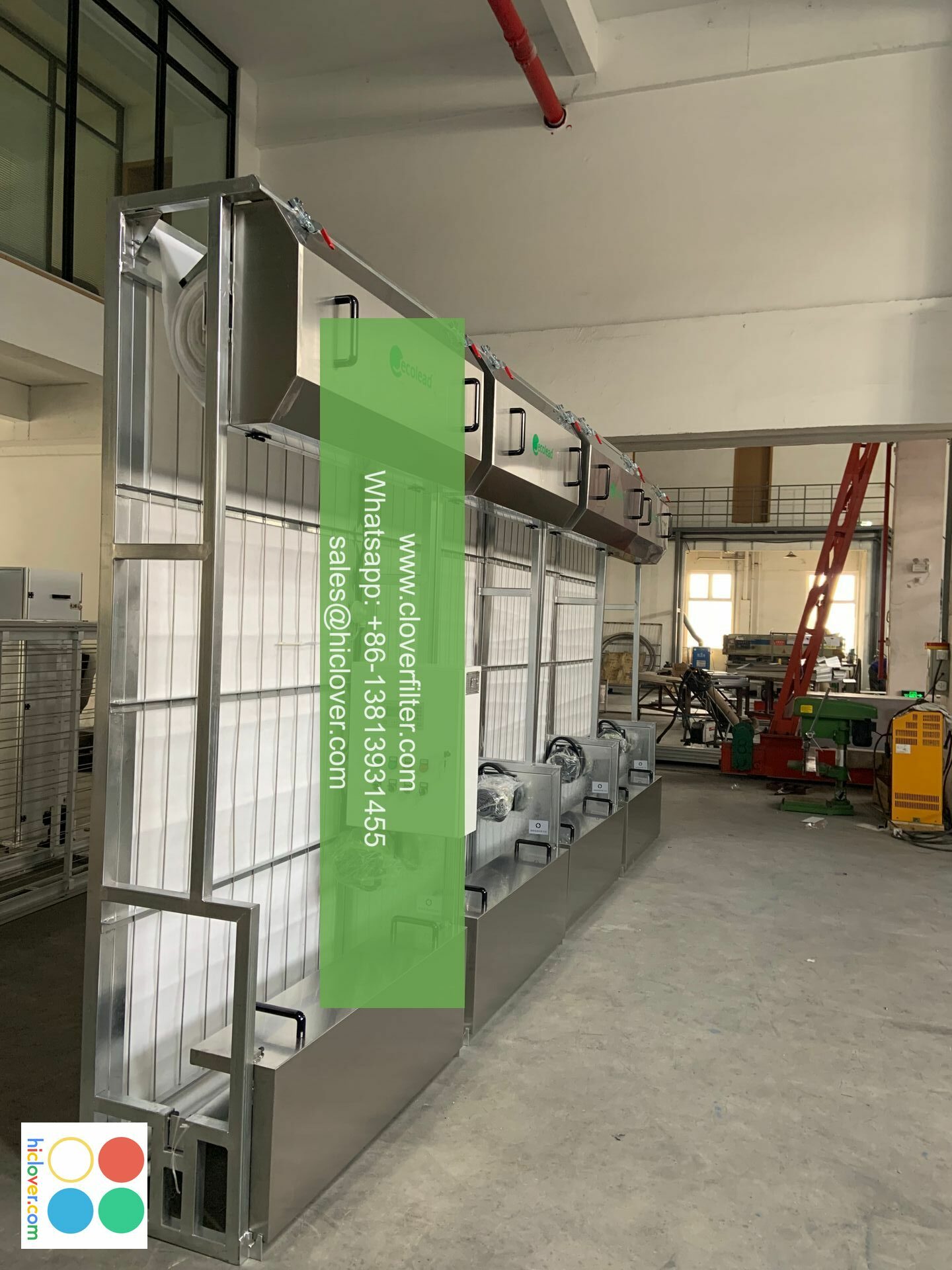Air Filter Distribution: A Guide for Facility Managers

Air Filter Distribution: A Guide for Facility Managers
As a facility manager, ensuring the health and well-being of your occupants is a top priority. One crucial aspect of maintaining a healthy indoor environment is the proper distribution of air filters. In this article, we will explore the importance of air filter distribution and provide a comprehensive guide for facility managers to ensure optimal air quality in their facilities.
Air filters play a vital role in maintaining a healthy indoor environment by removing airborne contaminants, allergens, and pollutants. A well-distributed air filter system ensures that air is circulated and filtered efficiently throughout the facility, providing a comfortable and healthy indoor environment for occupants.
Key Benefits of Proper Air Filter Distribution
- Improved Indoor Air Quality: Proper air filter distribution ensures that air is filtered and circulated efficiently, reducing the concentration of airborne contaminants and pollutants.
- Increased Energy Efficiency: By ensuring that air is circulated and filtered efficiently, facility managers can reduce energy consumption and costs.
- Extended Filter Life: Proper air filter distribution helps to prevent filter damage and extends their lifespan, reducing maintenance costs and downtime.
- Reduced Maintenance: Proper air filter distribution reduces the risk of filter failure and related maintenance issues, minimizing downtime and improving overall facility efficiency.
Air filter distribution is crucial in various application areas, including:
- Commercial Buildings: Office buildings, shopping centers, and other commercial facilities require proper air filter distribution to maintain a healthy and comfortable indoor environment.
- Industrial Facilities: Industrial facilities, such as manufacturing plants and warehouses, require efficient air filter distribution to maintain a safe and healthy working environment.
- Healthcare Facilities: Healthcare facilities, such as hospitals and clinics, require proper air filter distribution to maintain a clean and healthy environment for patients and staff.
- Educational Institutions: Schools and universities require proper air filter distribution to maintain a healthy and comfortable learning environment for students and staff.
To ensure optimal air filter distribution, facility managers should:
- Conduct Regular Filter Inspections: Regularly inspect air filters to ensure they are properly installed and functioning efficiently.
- Optimize Filter Sizing: Ensure that air filters are properly sized for the specific application to ensure efficient air circulation and filtration.
- Use High-Quality Filters: Use high-quality filters that are designed for the specific application and meet industry standards.
- Develop a Maintenance Schedule: Develop a maintenance schedule to ensure regular cleaning and replacement of air filters.
- Monitor Air Quality: Monitor air quality regularly to ensure that it meets industry standards and is safe for occupants.
Proper air filter distribution is crucial for maintaining a healthy and comfortable indoor environment. By understanding the importance of air filter distribution and following best practices, facility managers can ensure optimal air quality and improve overall facility efficiency. Whether in commercial, industrial, healthcare, or educational institutions, air filter distribution is a critical aspect of maintaining a safe and healthy environment for occupants.
I’m ready! What would you like to talk about or get help with?


